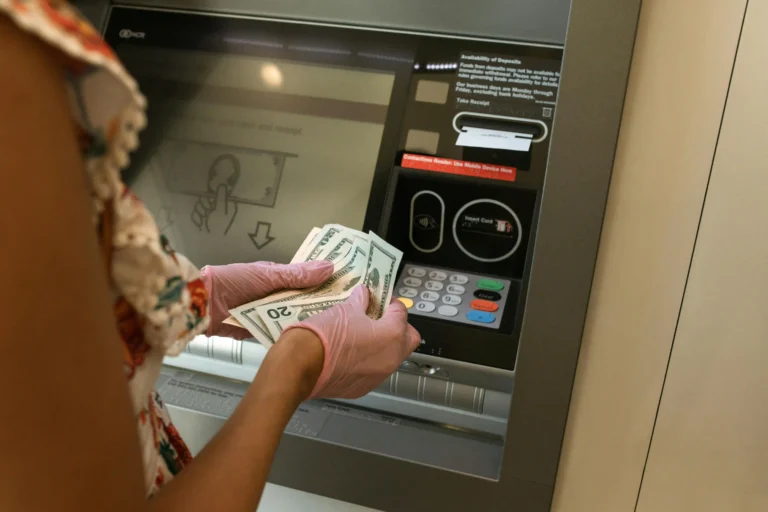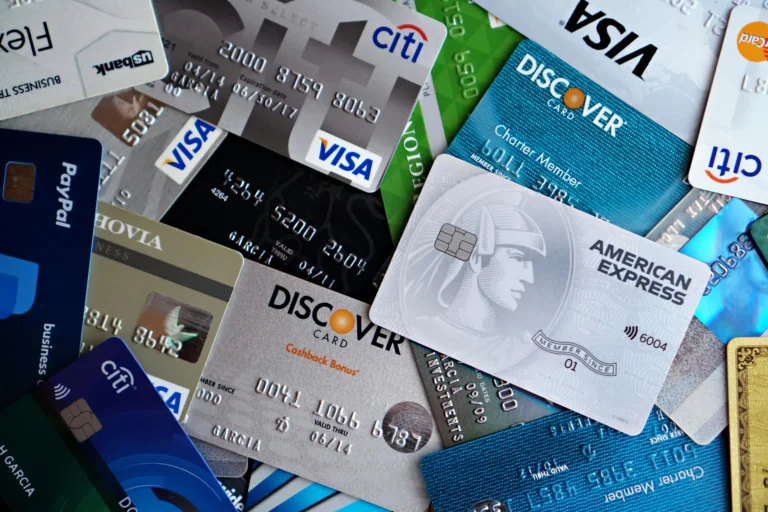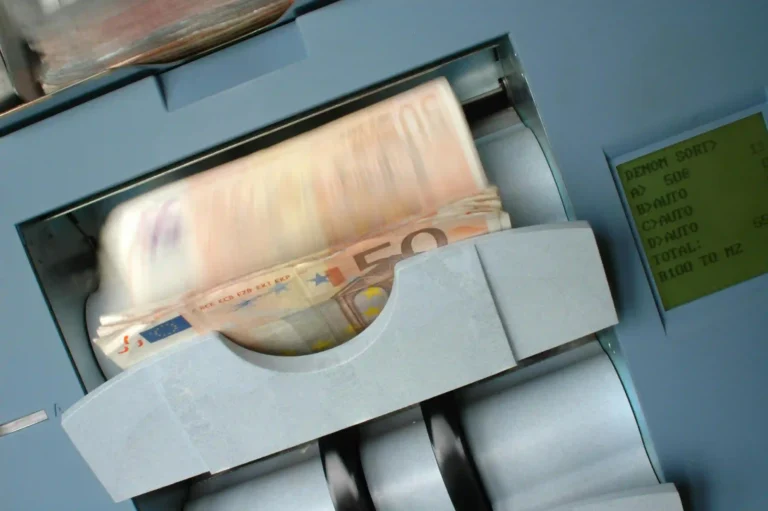
Opening a bank account in the European Union in 2025 is an essential step for those who are relocating, working, or studying in one of the EU countries. The EU offers a wide range of options for expats, from traditional banks to digital alternatives. This guide outlines the main options, procedures, and practical tips.
Contents
- Who can open a bank account in the EU in 2025
- Required documents
- Country comparisons: Germany, Poland, Czech Republic, Spain
- Online banking and multi-currency cards
- Transfers, fees, ATM withdrawals
- Real user experience
- FAQ
- Useful links and resources

Who Can Open a Bank Account in the EU in 2025
Most EU banks in 2025 allow account opening for foreign nationals. This applies to both EU residents and temporary migrants.
Eligible categories:
| Category | Can Open an Account |
|---|---|
| Expats with residence permits | ✅ |
| International students | ✅ |
| Freelancers | ✅ (in digital banks) |
| Tourists | ❌ In most countries |
Required Documents for Opening an Account
The list of documents varies, but the basic set usually includes:
| Document | Required | Notes |
| Passport | Yes | Must be valid for at least 6 months |
| Proof of address | Often | Rental agreement or utility bill |
| Proof of income/employment | Sometimes | Not required in all cases |
| Residence permit/student visa | Often | Especially important in Germany and Czech Republic |
Country-Specific Comparisons
Poland
Detailed guide: How to Open a Bank Account in Poland in 2025
- You can open an account with a passport and PESEL (residence permit recommended)
- Many free account options for non-residents
- Limited English support in small towns
Germany
More info: Top 5 Banks in Germany for Expats in 2025
- Banks like N26 and Commerzbank accept non-residents
- Address proof and residence permit required
- High service fees unless regular income is received
Czech Republic and Spain
Read more: How to Open a Bank Account in Poland, Czech Republic, and Spain
- Czech banks often require an employment contract
- Spain allows account opening even with temporary NIE
- Document translation is often required
Online Banking and Multi-Currency Options
If physical banks are difficult to access, digital services can be a great alternative.
Popular Options:
| Name | Features |
| Wise | Transparent fees, IBAN, multi-currency accounts |
| Revolut | Ideal for freelancers, automated reporting |
| Monese | Supports residents without fixed addresses |
Comparison: Best Multi-Currency Card 2025: Wise vs. Revolut
Transfers, Fees, and ATM Withdrawals
After opening an account, keep in mind the following costs:
- Transfers within the EU
- Currency exchange
- ATM withdrawals abroad
More details:
- How to Transfer Money Between EU Countries Without Fees
- How to Withdraw Money Abroad Without Fees in 2025
- TOP 5 Online Banks in the EU
Choosing the Right Bank: Factors to Consider
- Language support
- Account maintenance fees
- Access to mobile apps and international transfers
- Support for documents in English
- Customer support responsiveness
Common Reasons for Rejection
- Incomplete documentation
- No local address or contract
- Lack of residence permit in countries like Germany or Czech Republic
Tip: Digital banks like Wise and Revolut are more flexible and require fewer documents.
Security and Account Access
EU regulations ensure that banking is secure and standardized. All banks comply with KYC (Know Your Customer) and anti-money laundering rules.
- Use two-factor authentication for logins
- Avoid sharing access credentials
- Regularly monitor account activity
Real User Experience
In 2024, a resident in Poland opened an account at Santander in 30 minutes. Required documents: passport, rental agreement, PESEL number. In Spain, the same person needed to show an NIE and rental contract. For daily expenses, they used Wise due to lower fees compared to local banks.
Another expat reported that opening an account in Germany required an in-person visit and proof of income, while Revolut activated their account online in under 10 minutes with just an ID.
❓ FAQ — Frequently Asked Questions
How can an expat open a bank account in the EU in 2025?
Start by choosing a country and type of bank — traditional or digital. Prepare your passport, proof of address, and residence permit or visa if required. Many banks now support online applications through video verification. Digital banks like N26, Revolut, and Wise often don’t require in-person visits and can open accounts within 1–3 days.
What documents are needed to open a bank account in Europe?
Typically, you’ll need a valid passport, proof of address (e.g., rental contract), and in some cases, a residence permit or student visa. Some countries like the Czech Republic or France may also require notarized translations. Digital banks usually ask for minimal documentation — often just a passport and a delivery address.
Can I open a bank account in the EU without a residence permit?
Yes, in some cases — especially with digital banks. Services like Revolut, Monese, and Wise allow account opening without EU residency if you have a valid ID and address. Traditional banks in countries like Germany or the Czech Republic are stricter and may require documents such as NIE or e-residency.
Where is it easiest for expats to open a bank account in Germany?
The easiest option is the digital bank N26 — the process is fully online with passport video verification, and the card is delivered to your EU address. Among traditional banks, Commerzbank and Deutsche Bank are foreigner-friendly but usually require proof of residence. Applications can be made in German or English and take 1–5 business days.
How can a foreigner open a bank account in Poland in 2025?
Most banks require a passport and PESEL number. A rental contract and residence permit (Karta pobytu) are usually recommended. Popular banks include mBank, Santander, and Millennium. English support may be limited in smaller branches, but online applications are available. The account can be opened in 30–60 minutes if all documents are ready.











